...
BRUSSELS, March 7 (Reuters) - The Czech Republic and Slovakia will use the European Union's summit this week to try to revive a debate on the merits of nuclear energy, diplomats said on Wednesday.
The two EU newcomers believe countries that shun atom energy should reconsider their stance, as investing in nuclear power plants would help the bloc to achieve its goal of cutting carbon dioxide emissions to fight global warming.
"The atmosphere around nuclear energy is changing. It's the right time to start a debate on its merits," said Jan Kohout, the Czech ambassador to the EU.
A Slovak diplomat said: "We should start to discuss nuclear energy more openly. It is time to get rid of this taboo."
The diplomat, who asked not to be named, said the EU should set up a "Nuclear Energy Forum", or a small body facilitating the exchange of information and joint actions. He suggested the Slovak capital of Bratislava host the organisation.
France, which produces the majority of its electricity from nuclear power plants, tacitly supports giving atomic power more prominence in the bloc's long-term energy plans, another EU diplomat said.
Many EU members, led by Austria, oppose nuclear power as dangerous, expensive and leaving harmful waste, with memories still fresh of a nuclear reactor accident in Chernobyl, Ukraine in 1986.
The executive European Commission did not take sides on the issue in its proposal for the EU's long-term energy programme due to be discussed at the summit on Thursday and Friday.
But analysts say nuclear energy is making a slow comeback in Europe as a result of high oil prices, safer technologies, fears of dependence on Russian oil and gas, and because it produces no "greenhouse gases" blamed for climate change.
Finland has become the first of the "old" EU members in a decade to decide on building a nuclear power plant and German Chancellor Angela Merkel has called for extending the life of the country's nuclear plants despite a deal to phase them out.
Lithuania, Latvia, Estonia and Poland have recently launched talks on building a large nuclear facility by 2015, partly to become less dependent on Russian energy.
Both Czech and Slovak diplomats said their countries would oppose setting a binding target for the EU to produce 20 percent of its energy from renewable sources.
They said that unlike many EU member states their countries have little sun for solar energy, limited prospects for hydro-power and no sea coast, so winds tend to be weak.
((Editing by William Hardy, Brussels newsroom, tel +322 287 6830, fax +322 230 5573, e-mail: brussels.newsroom@reuters.com))
Keywords: ENERGY EU/NUCLEAR




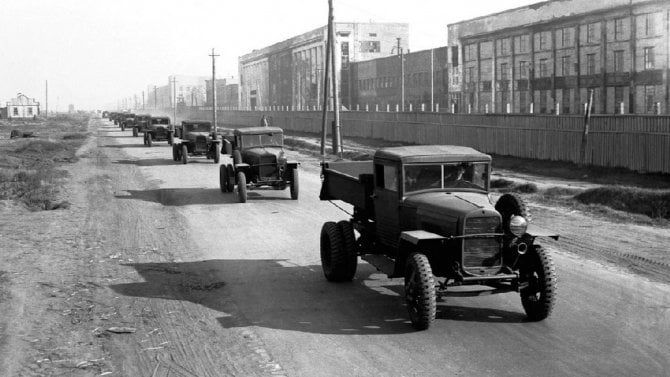 Auta osvoboditelů – z východu: Československo a celá Evropa se staly křižovatkou vojenské techniky
Auta osvoboditelů – z východu: Československo a celá Evropa se staly křižovatkou vojenské techniky
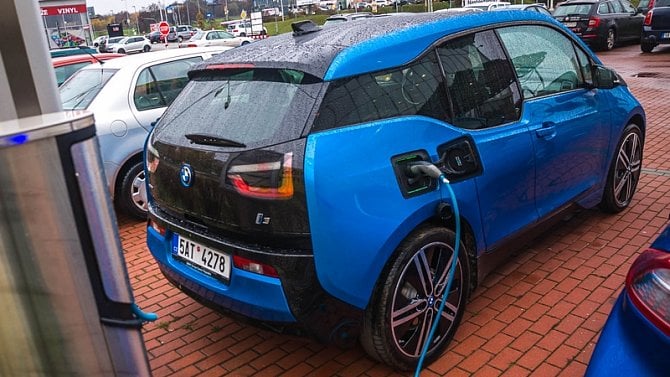 Auto blokující nabíjecí stanici bude možné odtáhnout. A je jedno, jestli má spalovací motor, nebo je to elektromobil
Auto blokující nabíjecí stanici bude možné odtáhnout. A je jedno, jestli má spalovací motor, nebo je to elektromobil
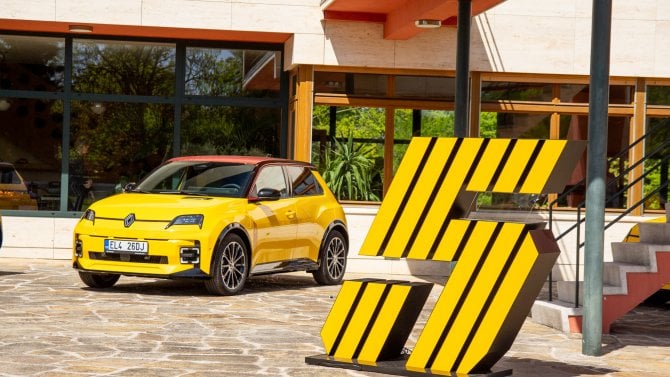 Ikona je zpět jako elektromobil a je skvělá! Poprvé jsme se svezli s novým Renaultem 5
Ikona je zpět jako elektromobil a je skvělá! Poprvé jsme se svezli s novým Renaultem 5
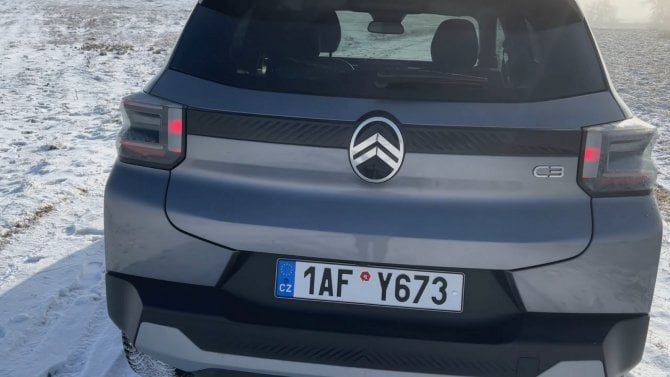 Videodojmy: Tenhle malý hatchback jezdí za šest litrů, odveze čtyři lidi a nestojí ani 400 tisíc
Videodojmy: Tenhle malý hatchback jezdí za šest litrů, odveze čtyři lidi a nestojí ani 400 tisíc
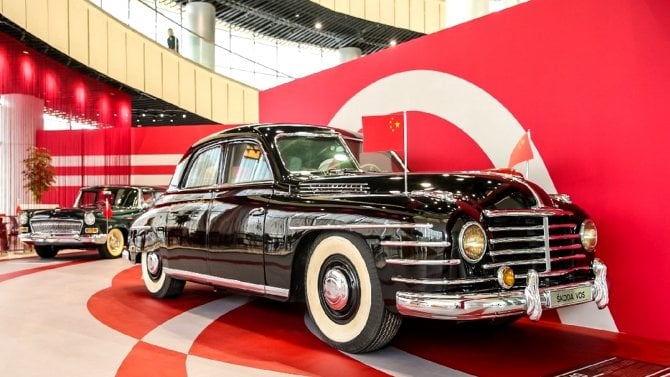 Škoda VOS: Historie československých vládních automobilů je přehledem politických obratů
Škoda VOS: Historie československých vládních automobilů je přehledem politických obratů
